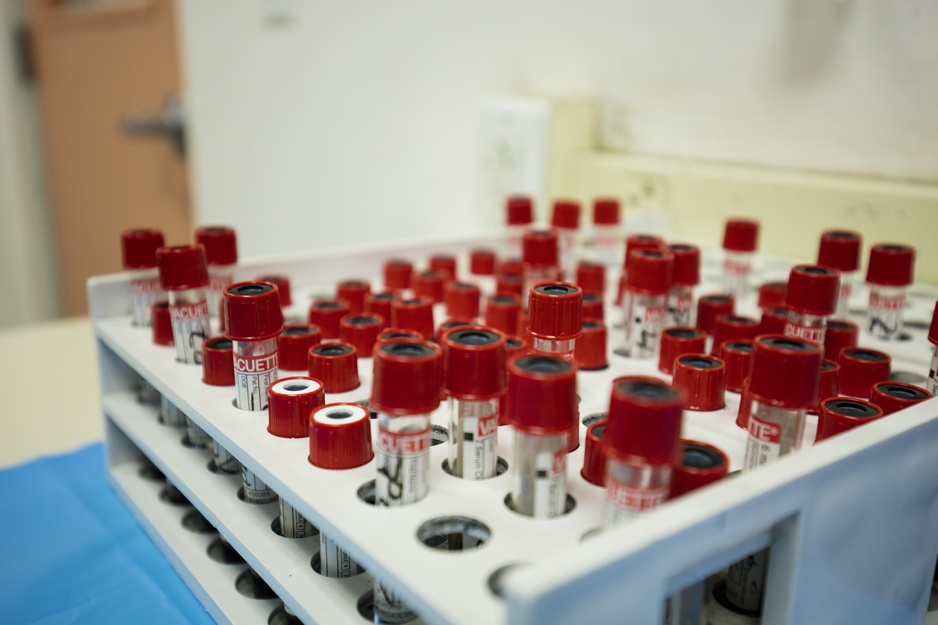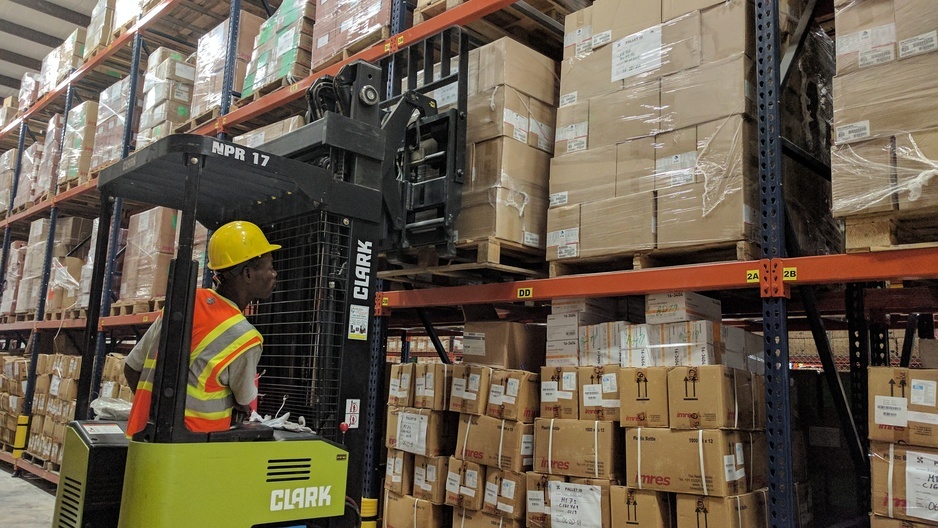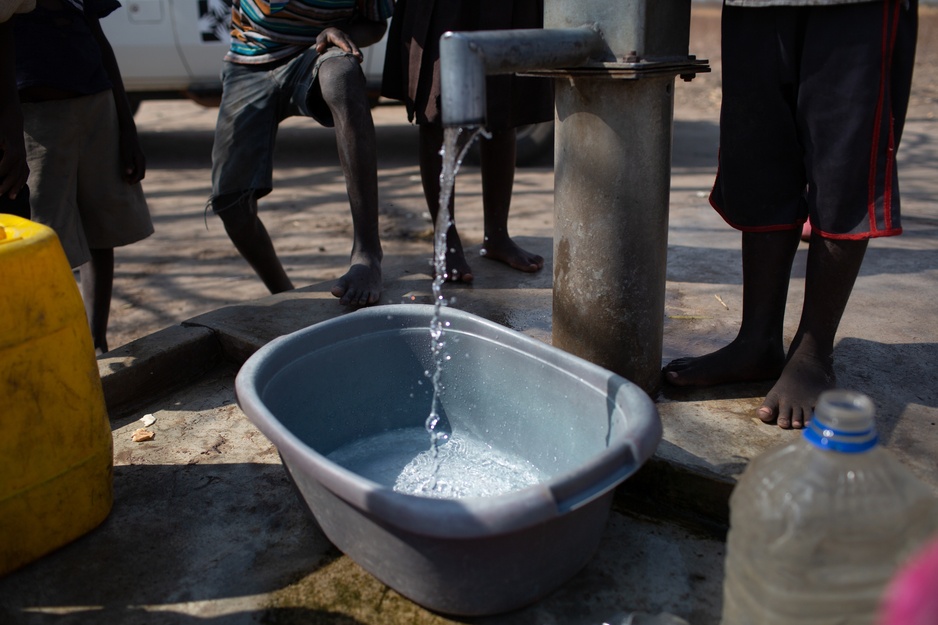Care Must Be Key to Defeating Coronavirus Globally


Dr. Sheila Davis, chief executive officer of Partners In Health, has been monitoring news of the novel coronavirus and its spread around the world, while planning for a swift and appropriate clinical response to the disease (COVID-19) across the 11 countries in which PIH works. She shares this update with the PIH community:
The World Health Organization recently announced a revised case fatality rate for the novel coronavirus. Previously, the virus appeared to kill between 2 and 4 percent of confirmed patients. Now, according to the WHO, COVID-19 kills 3.4 percent. Because the case fatality rate is based on those who test positive for the virus, there is still a level of uncertainty as to its accuracy, as it does not take into account the people whose symptoms were mild or didn’t seek care. Regardless of the absolute number, it is clear that COVID-19 is infectious and is spreading globally at an alarming rate. The increase in fatality rate and the geographic projections prompted the Director General to urge countries to improve efforts to contain the disease and protect health care workers.
We’re eager to heed this call, and are not surprised by it. We have been monitoring the COVID-19 crisis closely and are committed to responding in a way that aligns with our mission of providing a preferential option for the vulnerable—who, yet again, face the gravest risks. Currently, there are more than 94,000 cases reported globally, including in Chiapas, the southern state of Mexico where we work, and the Dominican Republic, which neighbours Haiti, the country where PIH was founded. The risk that the virus will infect our patients is very real.
Preparing for coronavirus
Our global clinicians and operations staff are working closely with their respective ministries of health to ensure preparedness in all the communities we serve. We are conferring with global health colleagues and experts within and outside of PIH to ensure that our organizational strategy and response is informed by the most up-to-date evidence.

Every day our staff is doing what they can with what they have. Infection control measures—including an emphasis on handwashing and trainings on screening, diagnostics, and treatment—are the tools we have so far, but so much more is needed. The supply chain teams globally are working hard to secure supplies in an environment where shortages of masks, gloves, handwashing facilities, and other basic infection control measures are already prevalent—and predicted to get worse.
“The challenges are immense”
We are working to procure and validate tests on site, coordinate with global partners, and train staff to address the diagnostic gap within the countries where we work. Simultaneously, we are collaborating with our colleagues in various ministries of health to pinpoint the facilities that will be used to isolate patients who become ill with the disease. The challenges are immense, with all of this occurring within the larger context of sky-high rates of maternal mortality, kids stunted from malnutrition, and emergency rooms filled with trauma and those needing lifesaving surgeries.
Intensive care units, equipped with essentials such as ventilators for patients in respiratory distress, are critical to properly deal with complications resulting from COVID-19. These are woefully rare or completely absent in the countries where we work. Yet we are identifying hospitals, such as University Hospital in Mirebalais, Haiti, that are able to provide intensive care to the critically ill. Even in places where we have begun to build capacity in intensive care, there are too few beds, too few supplies, and too few trained staff to mount a robust response. In those locations that don’t have ICUs, we will provide aggressive supportive care as best we can without advanced equipment and capacity, and will continue to fight for more. Our clinicians want to provide the best care they can for their patients, regardless of whether they are in remote Harper, Liberia, or rural Chiapas, Mexico.
Facing dire circumstances
The current reported case fatality rate, whether 3.4 percent or not, cannot be used to predict how this virus will devastate many areas globally where there aren’t existing, functioning health systems that can respond to an aggressive infectious disease. The ability to mobilize hundreds of intensive care beds quickly and have the trained staff to care for those patients is just one piece of this puzzle. Reliable electricity, water, oxygen, and working equipment and a constant supply of gloves, masks, and soap are not a given. Enough housing and food for hundreds of staff and a functioning ambulance system to transport the sick are not the reality in most of the places PIH works.

We have been here before. From our experience with cholera, Ebola, and so many other infectious diseases, we know COVID-19 will prey on the most vulnerable—older people, those battling an underlying health challenge, and people without access to the best of modern medicine. Mortality will be far worse in the places where we work. And we refuse to abide by the notion that prevention and containment are the only appropriate approaches in low-resource countries. Our patients deserve a robust health system now, and all of the time. The gross inequities of health care become illuminated for many in times of crisis. But for our patients, this injustice has a daily impact regardless of the circulation of a novel pathogen.
“Mortality will be far worse in the places where we work.”
PIH is readying for this assault, and we will do whatever we can to provide lifesaving treatment. This coronavirus epidemic is yet another challenge in our fight to find a cure for injustice. Our voice and efforts are needed on the global stage to continue to challenge the notion of containment only, and to offer an antidote to despair by providing the entire package of prevention, control, and treatment in the most vulnerable countries. Only by continuing to bolster health systems will we improve survival for our patients and communities.
Article originally posted on pih.org
Help ensure clinical teams have the supplies and support they need to deal with COVID-19, and any future global health emergencies.



